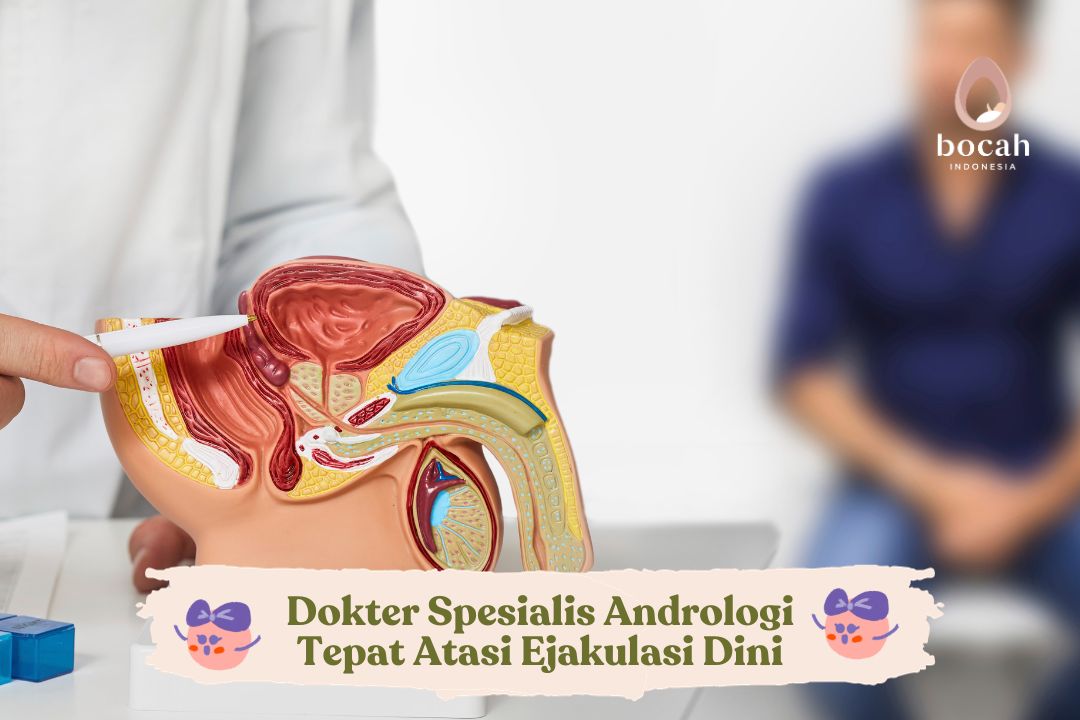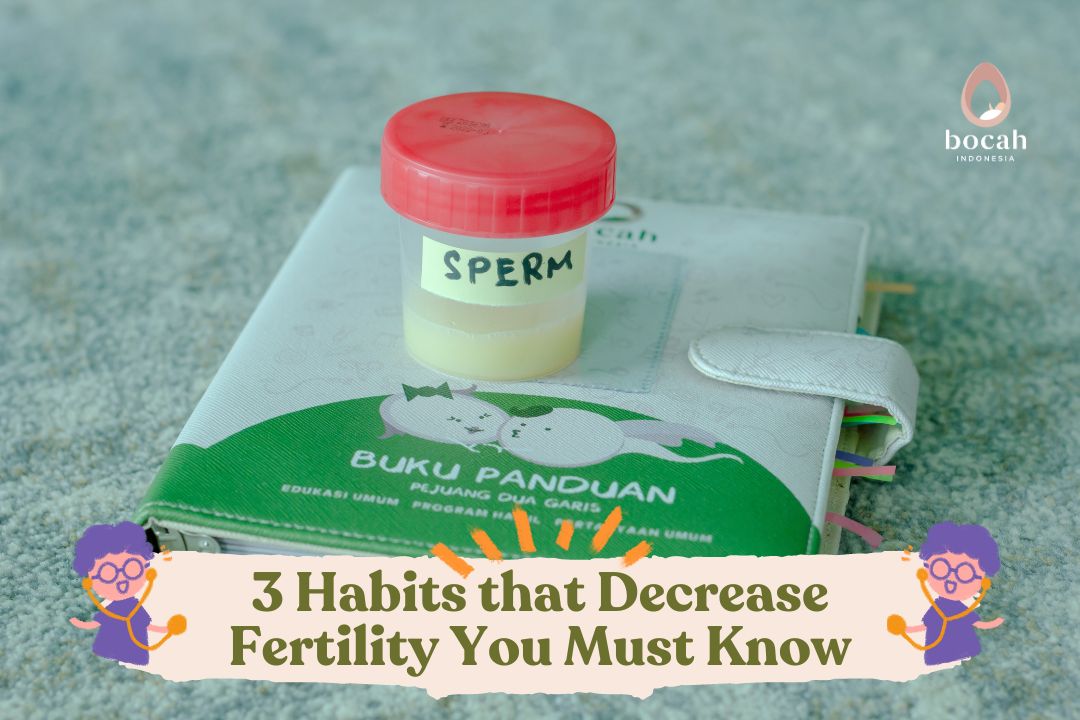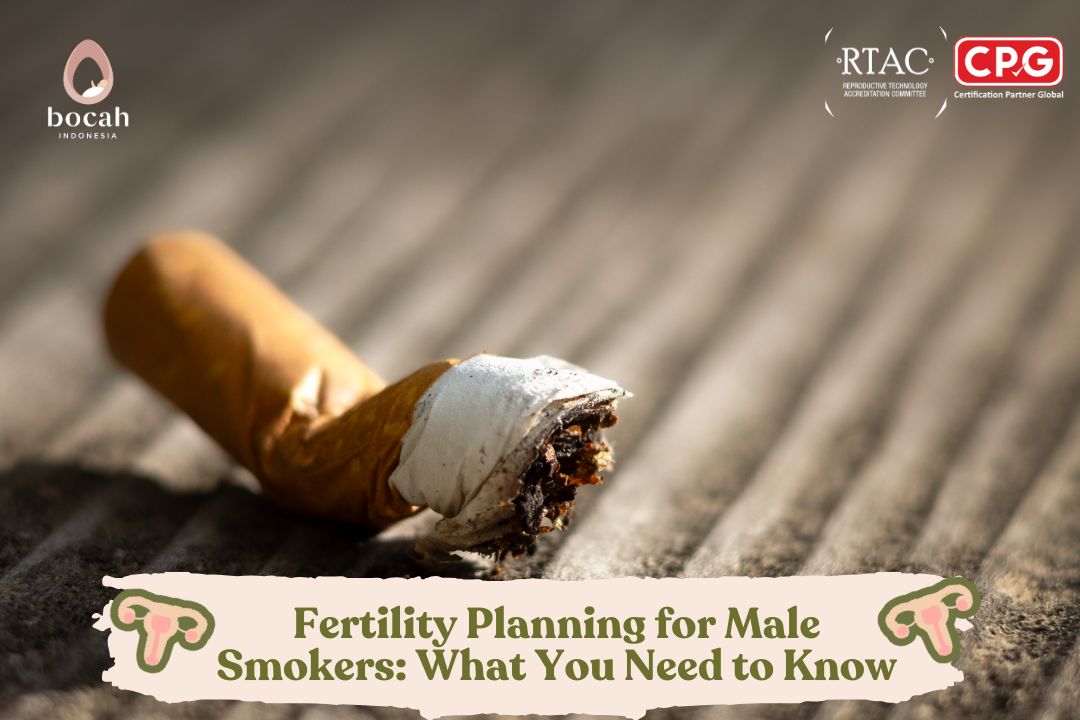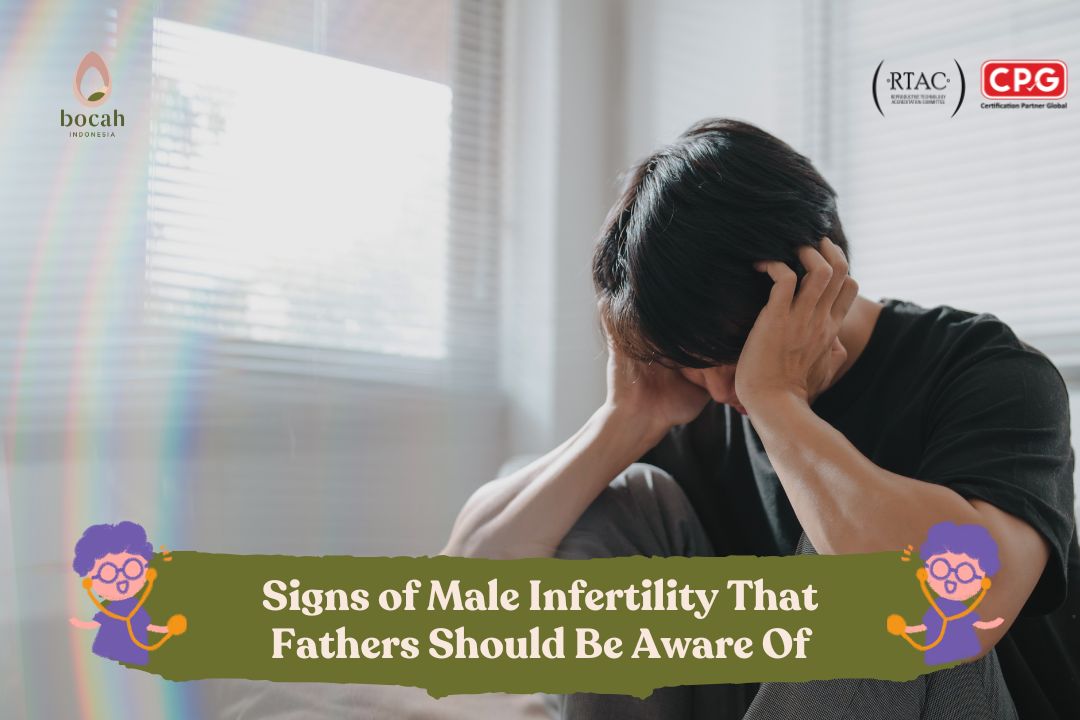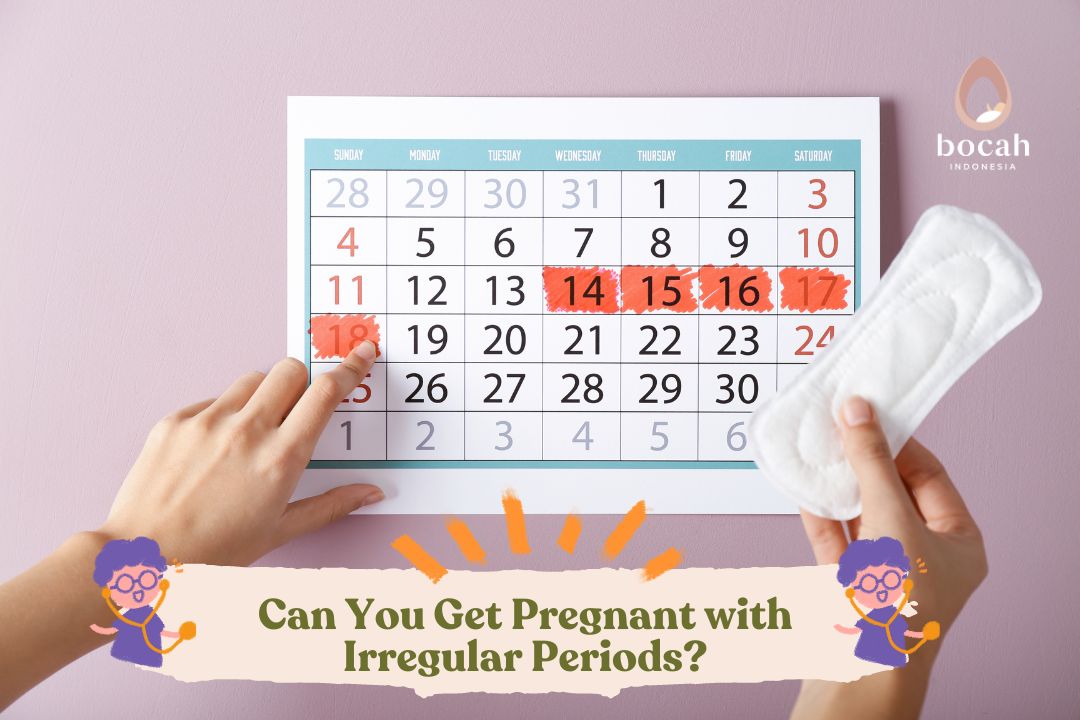When and Why You Should Consult a Fertility Specialist

A pregnancy program (promil) is a structured medical approach designed to increase the chances of achieving a healthy and successful pregnancy. Promil is not merely about “trying to conceive,” but also involves comprehensive physical, mental, and medical preparation to ensure the body is fully ready for conception.
Consulting a doctor before pregnancy can improve conception chances within 3–6 months, help detect fertility issues, and ensure both mother and baby are in optimal health.
What Is a Pregnancy Program?
A pregnancy program, also known as preconception care, is a type of pre-pregnancy health management undertaken by couples to ensure optimal physical condition before conception occurs.
According to the World Health Organization (WHO, 2023), infertility affects approximately 17.5% of adults globally or about 1 in 6 adults. This data highlights that infertility is a common condition requiring proper medical evaluation and treatment.
At Home Preparation Before Starting Promil
Before consulting a doctor, couples can take several proactive steps to improve fertility naturally:
Tanya Mincah tentang Promil?
1. Maintain a Healthy Lifestyle and Balanced Nutrition
Eat foods rich in folic acid, iron, protein, and calcium. Avoid smoking, alcohol, and excessive caffeine intake, as these substances can reduce sperm and egg quality.
2. Maintain an Ideal Body Weight
Being overweight or underweight can disrupt hormonal balance and ovulation. Engage in light physical activities such as walking, yoga, or swimming.
3. Track Menstrual Cycles
A woman’s fertile window typically occurs 14 days before the next menstrual period. If cycles are irregular, consult a doctor promptly, as this may indicate a hormonal imbalance.
4. Manage Stress
Chronic stress can reduce fertility. Try meditation, reading, or relaxation activities with your partner to maintain emotional well-being.
5. Evaluate Chronic Health Conditions
Ensure any existing medical conditions such as diabetes, hypertension, or thyroid disorders are well controlled before trying to conceive.
When Should You See a Doctor?
You should not delay consulting a doctor. Below are the main clinical indications for fertility consultation:
| Condition | When to Consult |
|---|---|
| Women under 35 years | After 1 year of unprotected intercourse without pregnancy |
| Women aged 35 years or older | After 6 months of trying without results, or immediately if medical history suggests issues |
| Reproductive disorders | If experiencing irregular periods, severe menstrual pain, PCOS, endometriosis, or uterine fibroids |
| Genetic history | If either partner has a hereditary disease that could be passed on |
| Best consultation timing | Around Day 10 from the first day of menstruation |
Types of Specialists for a Pregnancy Program
A comprehensive pregnancy program involves a multidisciplinary medical team, including:
1. Obstetrician and Gynecologist (Sp.OG / OBGYN)
The primary reference for women’s reproductive health.
- Handles uterine and ovarian evaluations, menstrual disorders, fibroids, cysts, and Polycystic Ovary Syndrome (PCOS).
- Can recommend initial fertility therapies such as ovulation stimulation or Intrauterine Insemination (IUI).
2. Andrology Specialist (Sp.And)
Focuses on male fertility health.
- Performs semen analysis to evaluate sperm count, shape, and motility, as well as tests reproductive hormone levels.
3. Fertility and Reproductive Endocrinology Specialist (Subsp.FER)
A subspecialty of OBGYN or Andrology that manages complex infertility cases.
- Handles Assisted Reproductive Technology (ART) procedures such as In Vitro Fertilization (IVF) or IUI.
- Example of an experienced fertility specialist: Dr. Beeleonie, Sp.OG, Subsp.FER.
Clinical Examinations and Procedures at the Clinic
| Examination Stage | Clinical Procedure | Medical Purpose |
|---|---|---|
| 1. Anamnesis (Medical Interview) | Reviewing medical history, contraception use, previous surgeries, and vaccinations | Identify risk factors affecting pregnancy |
| 2. Physical Examination | Assess weight, height, blood pressure, pelvic and breast examination | Evaluate overall readiness and detect hormonal disorders |
| 3. Supporting Tests | Blood and urine tests, Pap smear, Ultrasound (USG), or Hysterosalpingography (HSG) | Detect reproductive organ health, infections, or blockages |
| 4. Specific Fertility Tests | Ovulation tests (women) and semen analysis (men) | Assess reproductive function of both partners |
| 5. Prophylactic Interventions | MMR, Hepatitis B, Varicella, TDap vaccinations; nutritional counseling; folic acid supplementation | Prevent fetal abnormalities and pregnancy complications |
Why Medical Intervention Is Essential
1. High Prevalence of Infertility
According to the WHO, 1 in 6 adults experiences infertility. Medical consultation is therefore crucial to accurately identify and address the cause—whether from the male or female partner.
2. Early Detection of Reproductive Disorders
Doctors can identify various fertility barriers, including:
-
PCOS, endometriosis, or ovarian cysts
-
Fallopian tube blockages detected through HSG
-
Sperm abnormalities (low count, poor morphology, or reduced motility)
3. Managing Chronic Diseases Before Pregnancy
Conditions like diabetes and hypertension must be controlled prior to conception to reduce risks of preeclampsia or fetal developmental issues.
Effectiveness and Expected Timeline for Success
Clinical data show that for healthy couples who follow medical guidance:
-
Pregnancy chances can increase within 3–6 months after the first consultation.
-
When necessary, advanced reproductive procedures like IVF or IUI can be recommended, with success rates adjusted to each couple’s condition.
Conclusion
A pregnancy program is not merely about timing it’s a comprehensive, medically guided preparation for conception. Through proper health evaluation, nutritional support, vaccination, and specialist care, the chances of a healthy pregnancy can be significantly enhanced.
Consulting a fertility specialist is the best investment for couples aiming for a safe, healthy, and successful pregnancy journey.
Source:
- Khekade, H., et al. (2024). Preconception Care: A Strategic Intervention for the Prevention of Neonatal and Birth Disorders. Cureus, 15(6), e41141.
- Reproductive Health & Wellness Center. (2020). What is a Fertility Specialist Doctor?
- National Health Service UK (2021). IVF.
- Cleveland Clinic (2023). Preconception Counseling.
- Mayo Clinic (2024). Getting Pregnant.
- Verywell Family (2023). Talking to Your Doctor About Getting Pregnant.


